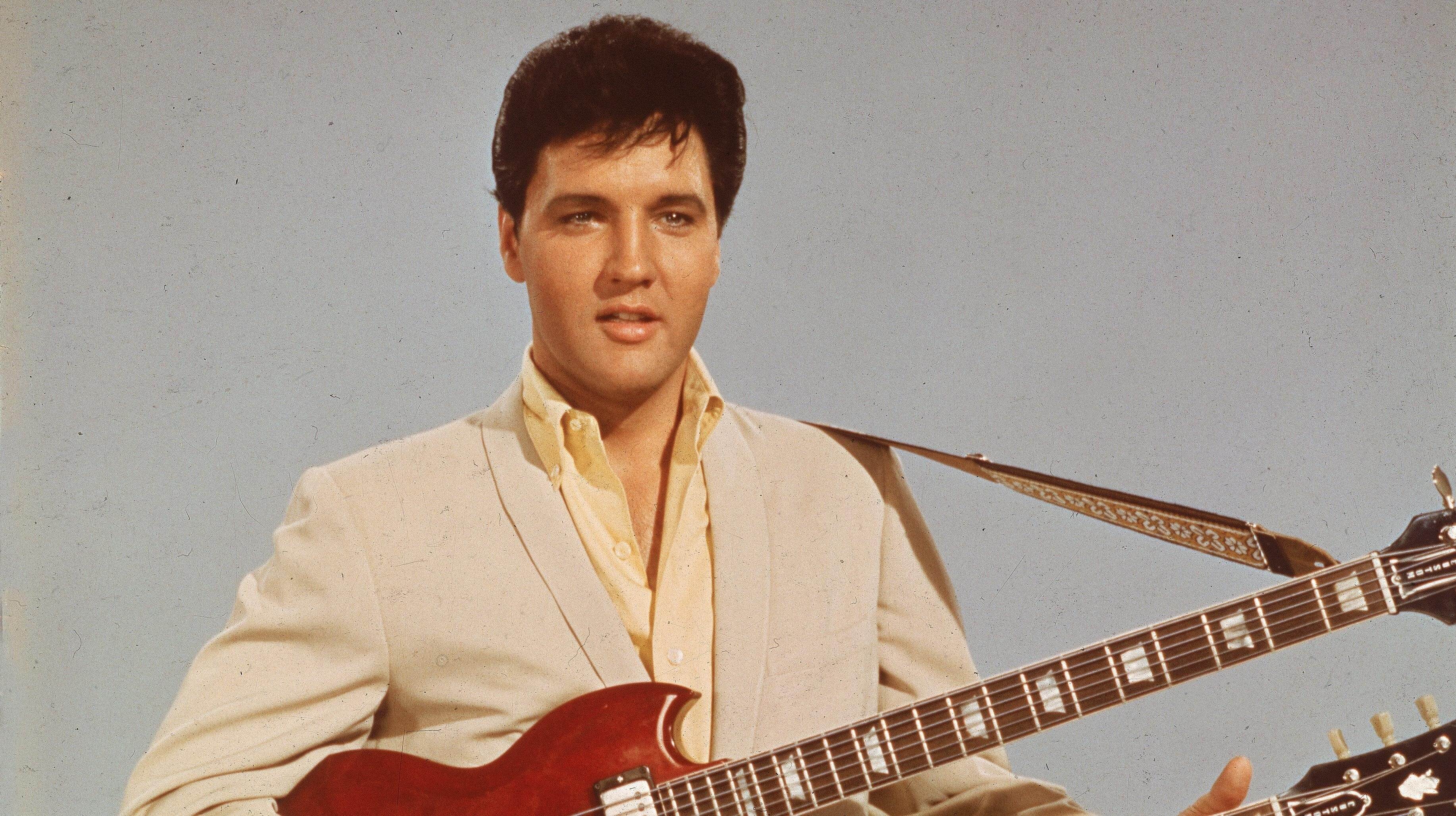“The show peaks with a concert experience that will recreate the seismic impact of seeing Elvis live for a whole new generation of fans, blurring the lines between reality and fantasy. A life sized digital Elvis will share his most iconic songs and moves for the very first time on a UK stage. All thanks to Layered Reality’s unique blend of technology, augmented reality, theatre, projection and multi-sensory effects. Elvis fans can look forward to a memory-making experience like no other. Through AI and groundbreaking tech you’ll be able to witness iconic Elvis performances as if you were really there, and celebrate defining moments in Elvis Presley’s extraordinary life and career.”
The holographic concert performance “in AI” (in the words of Layered Reality CEO Andrew McGuinness) of course has the stamp of approval from Elvis Presley Enterprises, which says the upcoming show “will be the experience of the century for Elvis Presley fans.”
Now, artificial intelligence has become a 21st-century boogeyman, and for good reason: the technology has troubling implications for art, creativity, and the value of human work. But not every use of “artificial intelligence” is necessarily sinister. Peter Jackson used AI not to recreate the voice of John Lennon, but to isolate and enhance his vocals for the final Beatles song “Now And Then.” It’s unclear exactly how AI factors into Elvis Evolution, but it could be a similar case.
Even then, holographic performances of long-dead artists who have no say in how their image is used are controversial in themselves. One of the most famous cases was a hologram of Prince at the Super Bowl, despite the fact that he was on record in his lifetime as finding the concept “the most demonic thing imaginable.” Since then, holograms have resurrected artists like Tupac and Whitney Houston, to mixed reception. On the other hand, some living artists have embraced the possibilities of a digital avatar taking on performance duties for them: ABBA has a popular holographic show called ABBA Voyage, and KISS recently retired from touring and passed the baton to their own digital avatars. Frontman Gene Simmons said the tech is an opportunity to keep the band “forever young and forever iconic.” We can’t know if Elvis would have felt the same, but U.K. audiences can judge the relative tastefulness of Elvis Evolution when tickets go on sale later this year.

